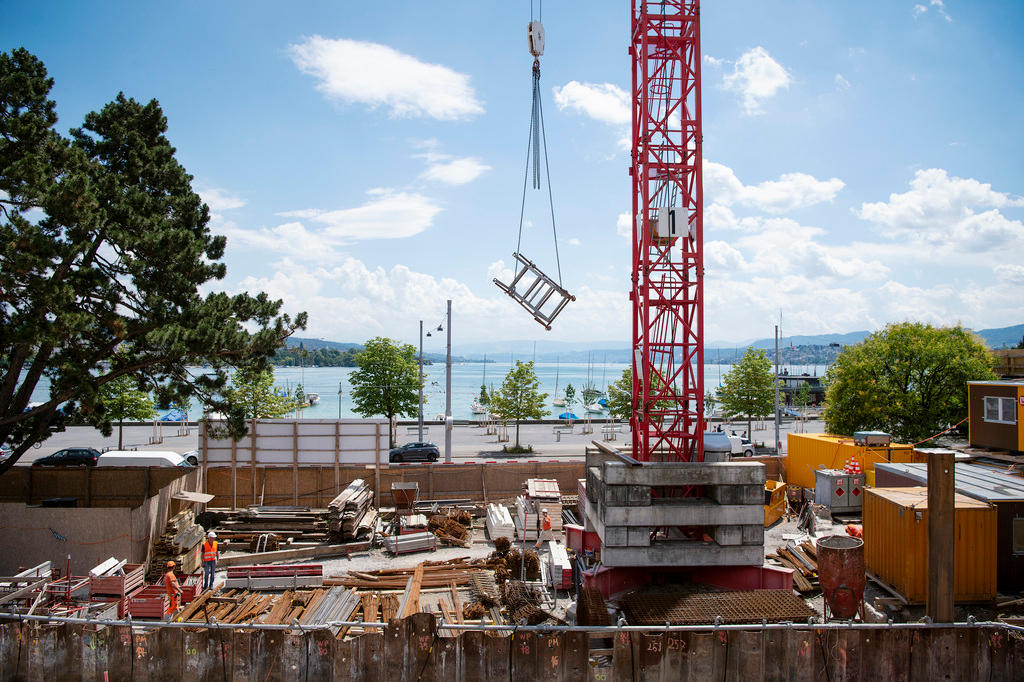
Sunday press focuses on fake passports

The issue of fake passports - on building sites and in the residency process at local authority level - features heavily in the Sunday newspapers.
The Le Matin Dimanche newspaper reports how fake identity documents could be on the rise on building sites in French-speaking Switzerland.
“It is easy to get hold of a complete identity kit: passport, identity card and driving licence,” said Simon Baechler, deputy chief of the Neuchâtel police forensics department, in the article. External link
Most of the fraudulent papers come from Eastern Europe and the Balkans, for a price ranging from CHF1,500 ($1,526) to more than CHF20,000, experts quoted in the article said.
Although the number fraudulent documents recorded remains fairly modest – where there are statistics – experts believe the trend is increasing. “We can only see the tip of the iceberg. The number of trafficked documents on building sites is completely underestimated,” added Emmanuel Fivaz, a forensic investigator for Neuchâtel police. The solution is to increase awareness among officials dealing with these documents, he said.
Residency requests
Meanwhile, the Association of Swiss Residential Services is calling for local authorities to check more carefully for fake documents among non-EU citizens during residency requests, the Zentralschweiz am Sonntag and Ostschweiz am SonntagExternal link report.
In the city of Bern around 50 fake documents are uncovered each year, with the Balkans, Turkey, Russia, China and Brazil being the main sources, a senior Bern police official is quoted as saying.
The authorities have a special passport reading device to hunt out the offending documents. But at CHF23,000, it’s too expensive for most communes, the newspapers say.
The Association of Swiss Residential Services says local authorities are at the frontline of identity checks. Their residential sections are the first to see an applicant’s identity documents when they register with the commune. The cantonal migration services will ultimately decide whether to grant residency, but often only get copies of the original documents. It’s therefore important to check documents extremely carefully, the association said.
+ Read more about residency here

In compliance with the JTI standards
More: SWI swissinfo.ch certified by the Journalism Trust Initiative





























You can find an overview of ongoing debates with our journalists here . Please join us!
If you want to start a conversation about a topic raised in this article or want to report factual errors, email us at english@swissinfo.ch.